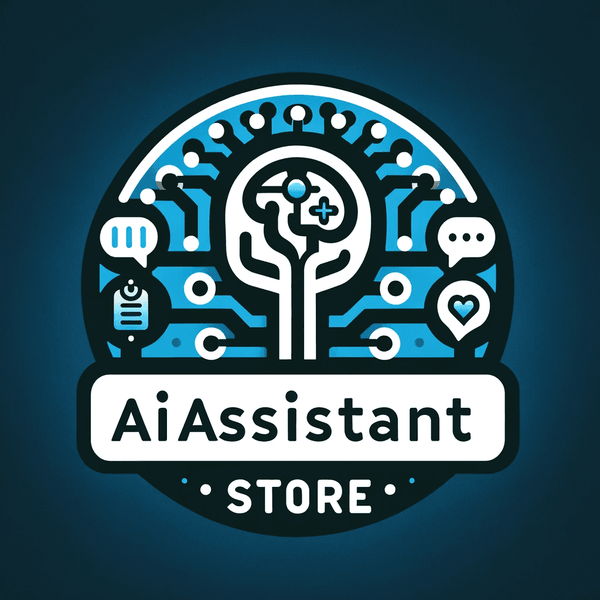While AI offers unprecedented opportunities, it also presents significant challenges that must be addressed for its full potential to be realized. The toughest challenges to overcome with artificial intelligence are not just technical but also ethical, regulatory, and economic in nature. Let’s explore the key hurdles shaping the future of AI.
Articles you may like to read after this one:
🔗 What Jobs Will AI Replace? – A Look at the Future of Work – Understand which roles are most at risk and how AI is transforming the workforce across industries and skill levels.
🔗 Jobs That AI Can’t Replace (and the Ones It Will) – A Global Perspective – A global analysis of AI’s impact on employment, spotlighting resilient career paths and sectors facing automation.
🔗 The Biggest Misconception About AI & Jobs – Debunk the binary thinking around AI and jobs. Discover the real, nuanced influence AI has on modern employment.
🔗 How Soon Are Elon Musk’s Robots Coming for Your Job? – Dive into Tesla’s humanoid robot plans and what they could mean for the future of automation and human labor.
1. Data Quality and Bias in AI Models
AI systems rely on massive datasets for training. However, poor-quality or biased data can lead to unreliable outcomes, reinforcing stereotypes and misinformation. Ensuring data accuracy, diversity, and fairness is a major challenge for AI developers.
🔹 Why it’s a problem: AI models trained on biased data can produce discriminatory results.
🔹 How to solve it: Implementing transparent data collection methods and using diverse datasets can help mitigate bias.
2. Ethical Concerns and AI Decision-Making
One of the biggest concerns is AI’s ability to make decisions that affect human lives. From self-driving cars to AI-driven hiring processes, ensuring ethical AI development is crucial.
🔹 Why it’s a problem: AI lacks moral reasoning and can make controversial decisions.
🔹 How to solve it: Ethical AI frameworks and human oversight must guide AI decision-making.
3. Explainability and Trust in AI Systems
Many AI models function as "black boxes," meaning their decision-making processes are unclear. The toughest challenges to overcome with artificial intelligence are often linked to explainability—users must understand how and why AI reaches certain conclusions.
🔹 Why it’s a problem: Lack of transparency reduces trust in AI solutions.
🔹 How to solve it: Researchers are developing Explainable AI (XAI) to make AI decisions more interpretable.
4. AI Security Threats and Cybersecurity Risks
AI is vulnerable to cyberattacks, including adversarial attacks where bad actors manipulate AI outputs. Securing AI systems is crucial as they become integral to finance, healthcare, and national security.
🔹 Why it’s a problem: AI-driven cyberattacks can manipulate data and compromise security.
🔹 How to solve it: Enhancing AI threat detection and building resilient AI models.
5. Regulatory and Legal Challenges
Governments worldwide are struggling to regulate AI without stifling innovation. The toughest challenges to overcome with artificial intelligence are often linked to the legal uncertainties surrounding AI use.
🔹 Why it’s a problem: Inconsistent global AI regulations create uncertainty for businesses.
🔹 How to solve it: Establishing clear AI governance frameworks to balance innovation and compliance.
6. Job Displacement and Workforce Adaptation
AI is automating tasks across industries, raising concerns about job losses. While AI creates new opportunities, reskilling workers remains a critical challenge.
🔹 Why it’s a problem: Millions of jobs may be displaced by AI automation.
🔹 How to solve it: Investing in AI education and workforce retraining programs.
7. Computational Power and Resource Limitations
AI models, especially deep learning systems, require enormous computational power, making AI adoption expensive and energy-intensive.
🔹 Why it’s a problem: Running large AI models consumes vast amounts of energy and resources.
🔹 How to solve it: Developing more efficient AI algorithms and leveraging quantum computing.
Conclusion
The toughest challenges to overcome with artificial intelligence are deeply intertwined with ethical, technical, and regulatory issues. Addressing these hurdles will be crucial for AI to reach its full potential in transforming industries and improving lives...

